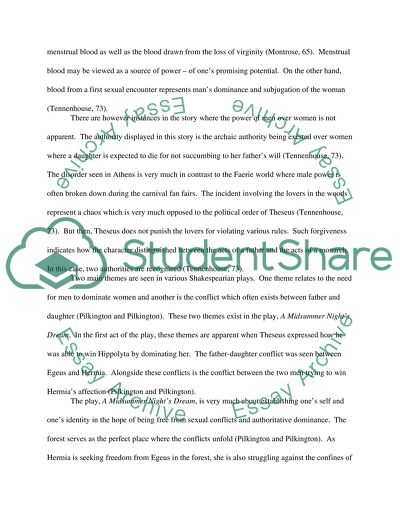Cite this document
(“Shakespeare Essay Example | Topics and Well Written Essays - 2500 words”, n.d.)
Retrieved from https://studentshare.org/literature/1400926-shakespeare
Retrieved from https://studentshare.org/literature/1400926-shakespeare
(Shakespeare Essay Example | Topics and Well Written Essays - 2500 Words)
https://studentshare.org/literature/1400926-shakespeare.
https://studentshare.org/literature/1400926-shakespeare.
“Shakespeare Essay Example | Topics and Well Written Essays - 2500 Words”, n.d. https://studentshare.org/literature/1400926-shakespeare.


